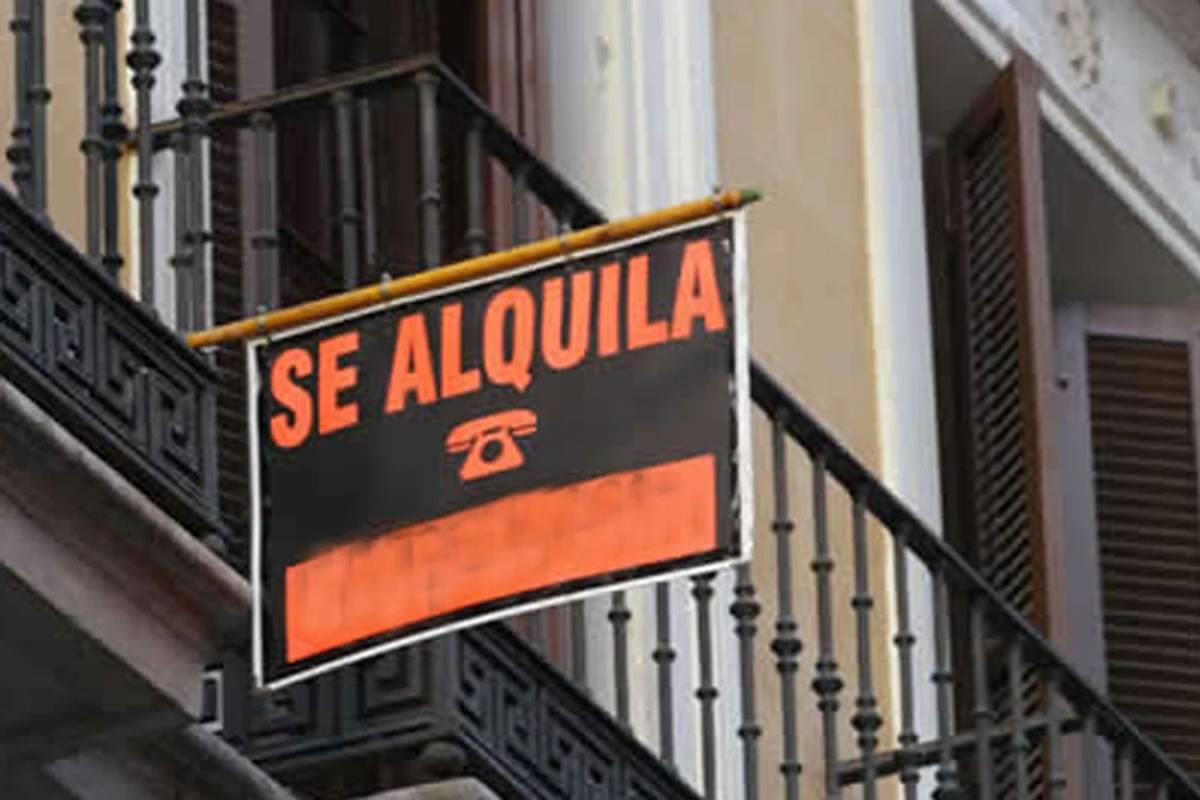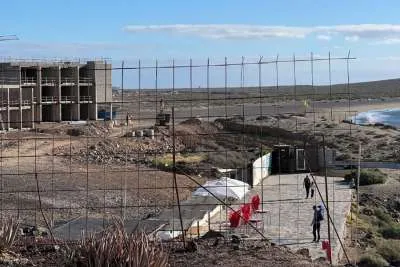Canary Islands see rental prices reach historic highs in May
- 25-05-2024
- Business
- Canarian Weekly
- Photo Credit: CW
The Canary Islands have witnessed another surge in rental prices, reaching a historic high of 14€/m2 per month in May. This increase coincides with the first anniversary of the implementation of the new Housing Rights Act, which came into effect on May 26th last year (2023), which despite the law's aim to control rental prices, none of the municipalities in the Canary Islands currently apply rental price caps.
The Housing Rights Act, the first of its kind in Spain's democracy, was championed by the coalition government in power at the time. Although initially approved just before regional and municipal elections after three years of negotiations, its flagship measure, rental price control, is one of the major reasons landlords are turning their backs on the residential long term let market in favour of holiday lets.
In the Canary Islands, four municipalities (Adeje, Granadilla, La Orotava, and Las Palmas de Gran Canaria) have requested the regional government to study whether they qualify as high-demand areas. However, the regional government has returned these requests, insisting that the municipalities conduct the studies themselves. Additionally, the current coalition CC-PP regional government has expressed opposition to implementing rental price caps or designating high-demand areas.
Following the announcement of a new vacation rental law in February, there has been a spike in applications for holiday home VV licences, reaching up to 70 per day compared to 50 previously. This surge, attributed to property owners seeking to comply before new regulations take effect, has been dismissed by the Canarian government, which refuses to impose a moratorium on licenses pending the new law.
A report by the Canary Islands Tourism Observatory highlights a 38.5% increase in legally registered holiday homes, growing from 39,810 units in June 2023 to 55,129 units within ten months. This includes a net gain of 15,319 new properties, excluding irregular, or illegal, rentals.
Reduced availability of residential rental housing
Data from the National Federation of Real Estate Associations (FAI) indicates a 30.5% decline in the availability of traditional rental housing since the Housing Rights Act took effect in 2023. This decline is largely due to the exodus of small property owners from the traditional rental market. UVE Valoraciones, a property appraisal firm, reports that the supply of rental housing is at an all-time low, down 28% from 2020 levels, when the pandemic led to a temporary increase in rentals as tourism halted.
The Association of Developers and Builders (APCE) warns that the Housing Rights Act is having the opposite effect of its intention, as seen in Catalonia, where rental supply dropped by 30%. The Bank of Spain has also cautioned against the negative impacts of sustained rental price controls without structural measures to increase supply, estimating that Spain needs 600,000 new homes by 2025.
Rising Rental Costs
According to Fotocasa, rental prices in April rose by 5.2%, reaching an average of €12.30/m2, with the national average rental cost nearing €1,000 per month. Eleven regions, including the Canary Islands, have surpassed historical price peaks. The highest prices are seen in Madrid (€18.3/m²), the Balearic Islands (€18.1/m²), Catalonia (€16.7/m²), and the Basque Country (€15.4/m²). Idealista reports an annual increase of 13% in April, setting a record high of €13/m², with Barcelona remaining the most expensive city (€21.1/m²), followed by Madrid (€19.2/m²), San Sebastián (€17.2/m²), Palma (€15.8/m²), and Málaga (€14.2/m²).
Affordability Challenges
Households are increasingly strained, spending 34.5% of their income on rent, compared to 22.6% for home purchases, according to Idealista. In cities like Barcelona, Palma, Málaga, and Madrid, rent consumes 38-43% of household income. The Bank of Spain reports that families need 7.3 years of gross salary to purchase a home, with the first year's costs exceeding 37% of annual gross income, above the recommended 30% threshold.
Future Measures and Government Response
The Spanish government has pledged to introduce 183,000 affordable homes and approved a €2.5 billion line of guarantees for first-time homebuyers. A state-wide platform to unify data and regulations on vacation rentals is expected by 2025 to improve regulatory responses and combat fraud.



























































